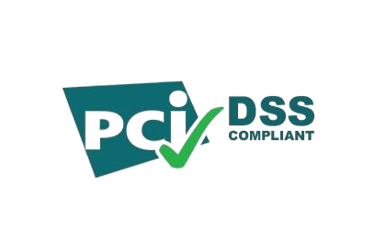Navigating Legal & Compliance Risks as a Freelancer or Microbusiness
This section helps freelancers, tiny agencies, and U.S.-based micro-businesses navigate risk, contracts, and compliance with GDPR, HIPAA, PCI, and business insurance essentials. You’ll find practical, clear resources that show how insurance supports legal obligations—and how to stay compliant without corporate complexity.


GDPR (General Data Protection Regulation)
What it is: A European law that applies if you serve, target, or track EU customers.
Why it matters: Freelancers using analytics, mailing lists, or tracking tools may unknowingly violate GDPR.
Key Compliance Areas You Should Understand
These aren’t just "big company problems." Even a one-person operation is expected to meet certain compliance standards—especially if you work with clients, collect data, or accept payments.






HIPAA (Health Insurance Portability and Accountability Act)
What it is: U.S. law protecting health data.
Why it matters: If you're a contractor for healthcare clients, even for design or IT support, you're expected to follow HIPAA rules.


What it is: A European law that applies if you serve, target, or track EU customers.
Why it matters: Freelancers using analytics, mailing lists, or tracking tools may unknowingly violate GDPR.






PCI-DSS (Payment Card Industry Data Security Standard)
What it is: A set of rules for businesses that store or process credit card information.
Why it matters: Shopify stores, SaaS products, or web designers with payment gateways are affected.
Contracts & Indemnity Clauses


What it is: U.S. laws that vary by state (like California’s CCPA) and industry standards enforced by the FTC.
Why it matters: If you collect data, send emails, or store customer info, you're likely subject to some regulation.


Cybersecurity Regulations (FTC, State Laws, etc.)
🔒 Legal Protection Through Insurance
Insurance is more than paperwork—it's a buffer between your work and potential legal chaos.
Common Legal Risks Solos Face
Signing unfair contract terms
Storing or mishandling client data
Missing compliance requirements
Getting sued over project results

Policies That Help:
🔧 Tech Errors & Omissions (E&O)


Covers professional mistakes
Protects against breach of contract claims




🚀 Cyber Liability
Covers data breaches, ransomware, and regulatory fines
Combines general liability + business property coverage
🏢 Business Owner's Policy (BOP)
Real-World Scenario:
Maria, a freelance UX designer, signed a contract that held her liable for project delays. When the dev team shipped late, she got blamed. Her E&O insurance covered her legal defense and saved her from paying out of pocket.
Want more examples? See [real freelancer insurance claims here].
📃 Free Resources to Keep You Compliant


Compliance Checklist for Freelancers
Step-by-step review of HIPAA, GDPR, PCI, and common state laws.




Legal Clause Swipe File
Examples of indemnity and limitation of liability clauses you can edit.
Contract Review Sheet
What to look for before you sign a freelance agreement.
Featured Blog
Insurance
Tailored cyber and business insurance for freelancers.
Support
Contact
info@inspireinsure.com
© 2025. All rights reserved.
